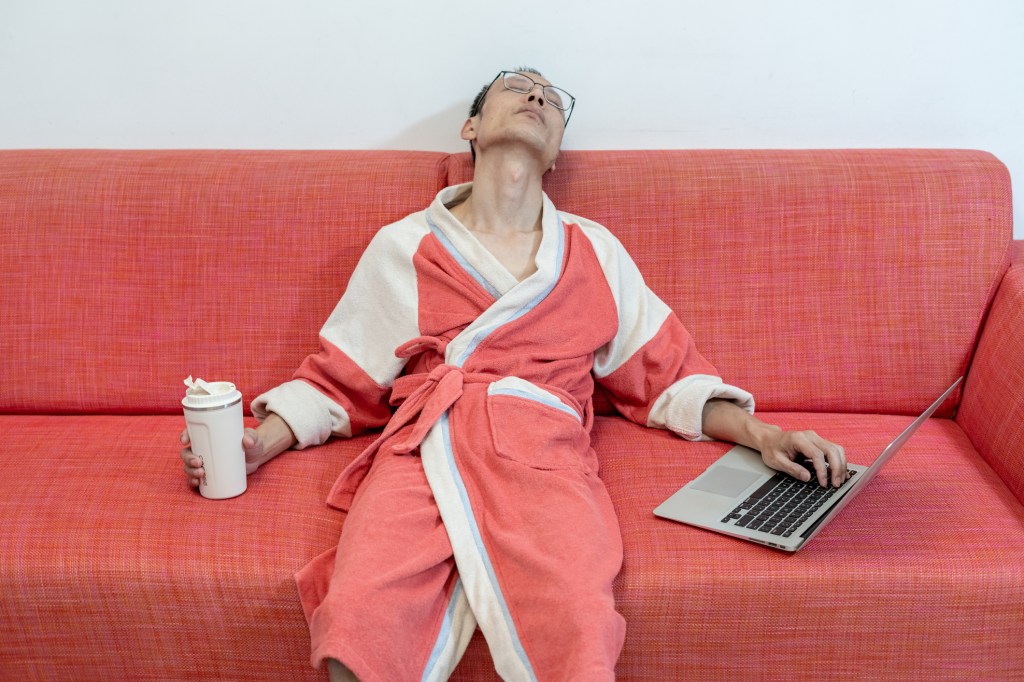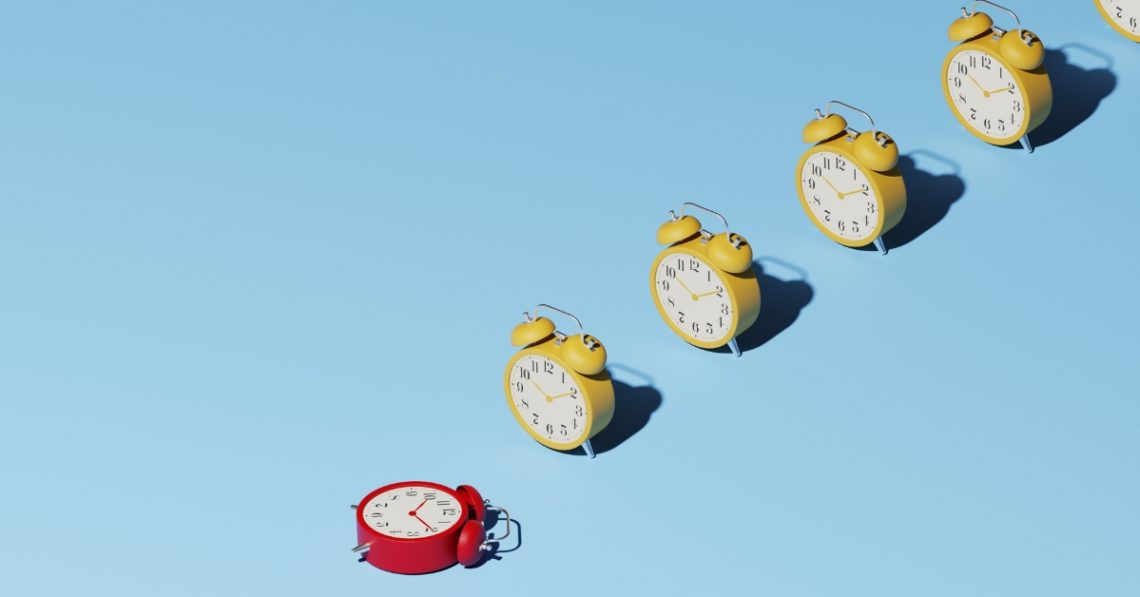Every March, we lose an hour of sleep to daylight saving time, and every November, we get it back. The semiannual groan of lost or gained sleep is annoying, and it may also be harming our health.
A study from Stanford Medicine, published in the Proceedings of the National Academy of Sciences earlier this month, modeled how different time policies affect the body’s circadian rhythm.
The researchers compared three scenarios: permanent standard time, permanent daylight saving time, and the current twice-a-year flip. “We found that staying in standard time or staying in daylight saving time is definitely better than switching twice a year,” said Jamie Zeitzer, PhD, professor of psychiatry and behavioral sciences at Stanford and senior author of the study.
Circadian rhythm is the body’s natural clock, a roughly 24-hour cycle that governs everything from energy to immune function. The trouble is that daylight saving throws the clock out of tune.
“The more light exposure you get at the wrong times, the weaker the circadian clock,” Zeitzer explained in the Stanford release. “All of these things that are downstream—for example, your immune system, your energy—don’t match up quite as well.”

Daylight Saving Time Is Straight-Up Bad for Your Health
The numbers are sobering. By sticking with permanent standard time, the researchers estimate 300,000 fewer cases of stroke each year and 2.6 million fewer people with obesity nationwide.
Even permanent daylight saving time, which many politicians and golf courses have lobbied for, would reduce obesity by an estimated 1.7 million cases and strokes by about 220,000 annually.
Short-term dangers have been documented, too. Past studies show that heart attacks and car accidents spike in the days immediately after the spring switch, when everyone is collectively running on one less hour of sleep. The fall transition seems less dramatic, but it doesn’t undo the underlying stress on the body.
Health organizations are taking sides. The American Medical Association and the American Academy of Sleep Medicine both endorse permanent standard time, which aligns better with natural morning light. Others argue for daylight saving, citing evening leisure and energy savings, though history shows public patience for pitch-black mornings runs thin.
The research isn’t flawless. It leaves out weather, location, and human habits like scrolling at midnight. Even so, it points to a truth we already sense every spring and fall. The human body doesn’t keep pace with the clock, and that mismatch may raise the risk of disease.
The post Daylight Saving Time Is Wrecking Your Health appeared first on VICE.




